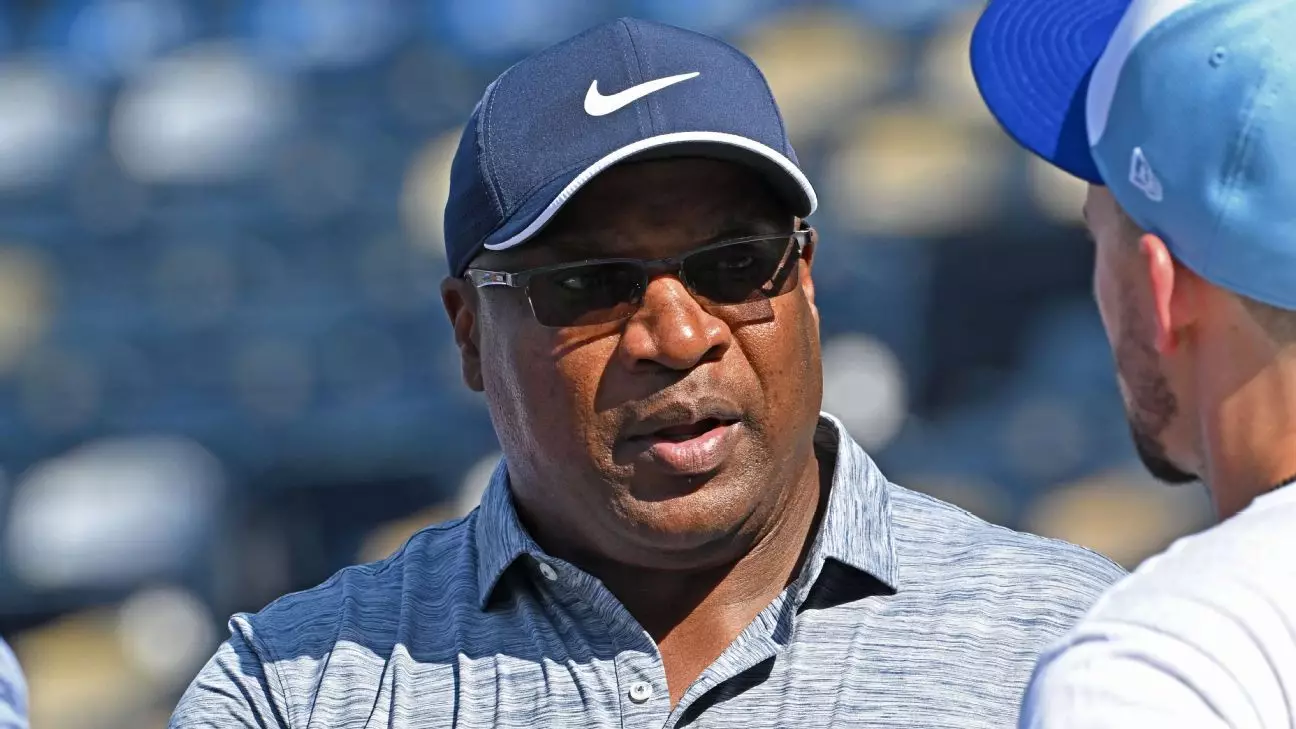In an unusual legal battle highlighting the intricate intersections of family drama, celebrity status, and financial disputes, Bo Jackson, the renowned athlete recognized for his dual career in football and baseball, recently navigated a tumultuous conflict with his own relatives. The case, which culminated in a significant court ruling, offers a lens into not only the nature of familial relationships when mixed with money but also the legal frameworks available to combat harassment within these personal realms.
Jackson’s legal turmoil revolved around accusations levied against his niece and nephew, Thomas Lee Anderson and Erica M. Anderson, who reportedly engaged in extortion attempts. The former Heisman Trophy winner alleged that these family members harassed him, demanding an astronomical sum of $20 million in exchange for ceasing their alleged threats and intimidation efforts. Such demands reflected an unsettling awareness of how deeply money can poison familial ties, prompting questions about the nature of trust and financial expectations within families that benefit from fame or income.
In February 2023, a Cobb County Superior Court judge ruled in favor of Jackson, indicating that the Andersons had failed to adequately respond to the allegations. This ruling could have set a precedent for how family conflicts, particularly those involving harassment and public allegations, are navigated legally. The issuance of a protective order underscored the court’s recognition of Jackson’s fears regarding his safety and that of his family, thus acknowledging the serious implications of the alleged harassment.
Despite the initial court decision awarding Jackson a $21 million judgment, the narrative took an unexpected turn. Both parties engaged in mediations and ultimately sought to dissolve the court’s decision. This shift reveals a move toward conflict resolution outside of the courtroom. The legal withdrawal was a strategic response by both parties—indicating a possible acknowledgment of the long-term damage that litigation could incur on family relationships and reputations.
In the legal brief submitted, they requested the court to vacate the earlier ruling—an act reflecting both the complexity of familial relationships and the potential benefits of negotiation and mediation. The consent judgment that followed, while still affirming some of Jackson’s allegations, came without a monetary award, suggesting a reconciliatory approach rather than an adversarial one.
The resolution of this case brings to the forefront significant issues surrounding the balance of familial loyalty and the pursuit of justice. Jackson’s decision to give up a substantial monetary judgment signals both a personal and professional crossroads—where the emotional weight of maintaining family relationships can sometimes overshadow the pursuit of financial recompense. The battles over attorneys’ fees, prejudice, and public image were momentarily set aside for the sake of peace and familial ties.
Moreover, the newly established boundaries defend Jackson from further harassment without completely severing family ties. The consent judgment mandated that the Andersons must refrain from any harassment while allowing limited contact during specific circumstances—a precarious middle ground that accommodates the complexities of family dynamics. It highlights that even in dire circumstances, reconciliation is sometimes prioritized over punitive measures.
Bo Jackson’s legal confrontation serves as a prominent case study blending fame, personal conflict, and the law, presenting a cautionary tale about the fragility of family dynamics amidst financial dealings. It shines a spotlight on the potential for mediation to resolve disputes that can, at first glance, appear insurmountable. As Jackson continues to navigate his legacy as an athlete and an individual, this experience may serve as a poignant reminder that sometimes the greatest victory lies not in monetary awards but in maintaining family bonds amidst a sea of conflict.


Leave a Reply